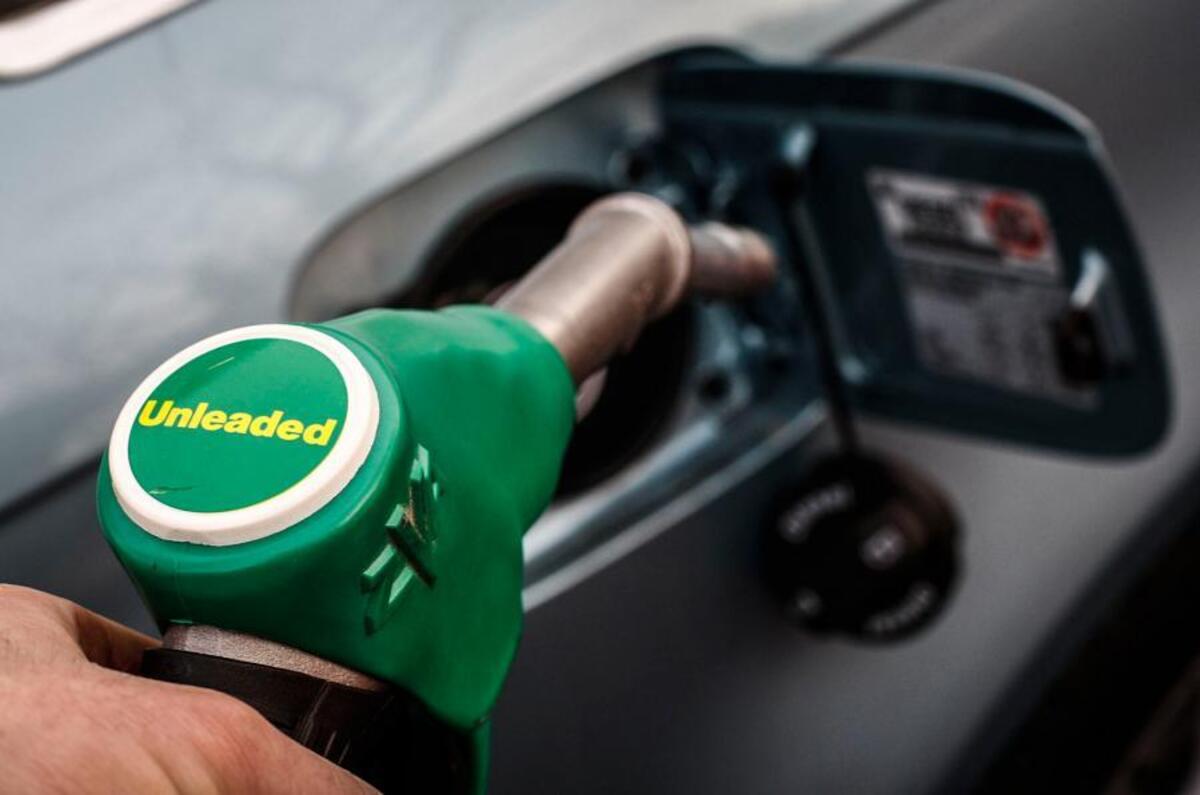Drivers of petrol vehicles have been significantly overcharged for fuel as retailers failed to reduce pricing in line with falls in wholesale prices, the RAC has said.
The motoring organisation suggests the high prices cost drivers of petrol vehicles around £156 million in the final month of the year, or around £5 million a day, despite lower wholesale prices.




Join the debate
Add your comment
The price is only going one way as people move away from fossil fuels. I've always thought in a market economy companies were allowed to set their prices wherever the market would bear.
My last 5000 miles' fuel has cost me just over £100, and I can wake up every morning with a full tank if I like. Once my MX5 has gone I doubt I'll ever trouble a petrol station again, other than for snacks.
As EV cars become the norm the loss of Road Tax, the income from fossil fuels which allegedly help pay for the Road infrastructure (not all of it), EV for a while will reduce running costs, meanwhile yo yo fuel prices will continue, the further the fuel stations are away from a refinery the more it costs, it has to to cover the costs from refinery to pump, Station operators can't run at a loss, if their product costs more to buy in they've got to raise there prices just to make the same profits, a lot of People don't want to know that, or, how about this, make all the fuel Stations state owned, would we like that?
I don't disagree with you, but two alternative arguments:
People can huff and puff all they want but if they continue to use fuel at these 'overcharged' prices then why bother? Start a fuel protest like the lorry drivers did all those years ago.
They can blame companies all they want but the fact remains the UK is one of the cheaper countries for fuel. Why are our prices so high? It's because of the tax, we have one of the highest fuel taxes. So is that where you should aim your protests?
Blame the Government? Well you could do but then if they remove the tax on fuel they'll do what other countries do and start road charging or whatever else to recoup their losses.
The cost of fuel has risen all over the world and they're all complaining too.